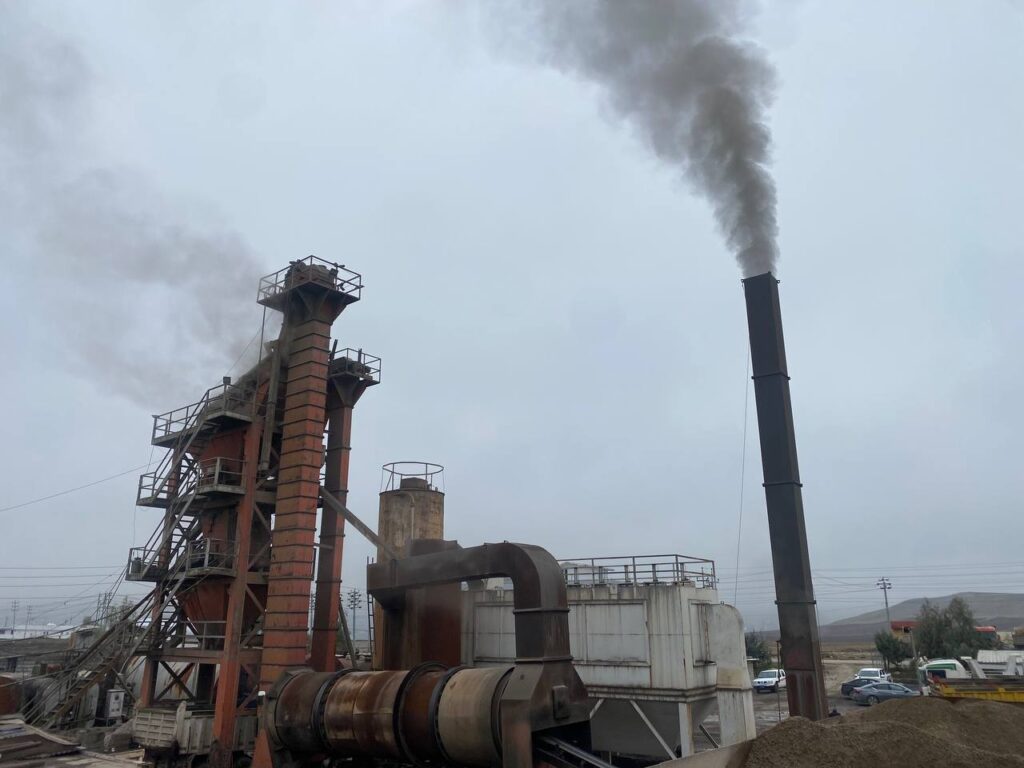Iraq: Research Terms of Reference - COVID-19 Camps Preparedness IRQ2011, May 2020
2. Rationale
2.1. Rationale
In February 2020, Iraq reported its first confirmed case of the coronavirus, also known as COVID-19. As of May 5, according to the World Health Organization (WHO), 2,345 cases had been recorded in Iraq, with 703 cases still considered active. Cases have been reported across all governorates in the country, with the actual caseload expected to be far higher, owing to limited testing and reporting. The 55,730 IDPs residing in 43 camps across Iraq are considered to face heightened and unique threats from the virus, owing to their status as displaced persons, infrastructure in camps, and related factors. Due to movement restrictions in place across the country, IDPs cannot enter or exit camps. This increases the need for an updated map of infrastructure services and infrastructure in place, especially health centres and markets. Reflecting these circumstances, the Camp Coordination and Camp Management (CCCM) cluster, with input from partners and other clusters, has developed initial consolidated guidance on preparedness and response in camps.
The guidance prepared by CCCM provides instruction on the necessary infrastructure, planning, policies, and related measures needed to prepare and respond to the threat of COVID-19 to people residing in camps. Currently, it is not known to what extent individual camps are meeting these standards. In order for humanitarian actors and other partners to appropriately design their assistance and response, information on the current circumstances and capacity of camps is necessary. REACH Initiative (REACH) is ideally positioned to respond to this need, reflecting years of experience conducting assessments with IDPs in camp settings and developing camp profiles, and an established working relationship with the CCCM cluster and its members. By preparing the proposed COVID-19 Camp Preparedness Profiles, REACH can fill the information gap on camp preparedness, capacity, and needs, assisting humanitarian actors in organizing their response to COVID-19.




